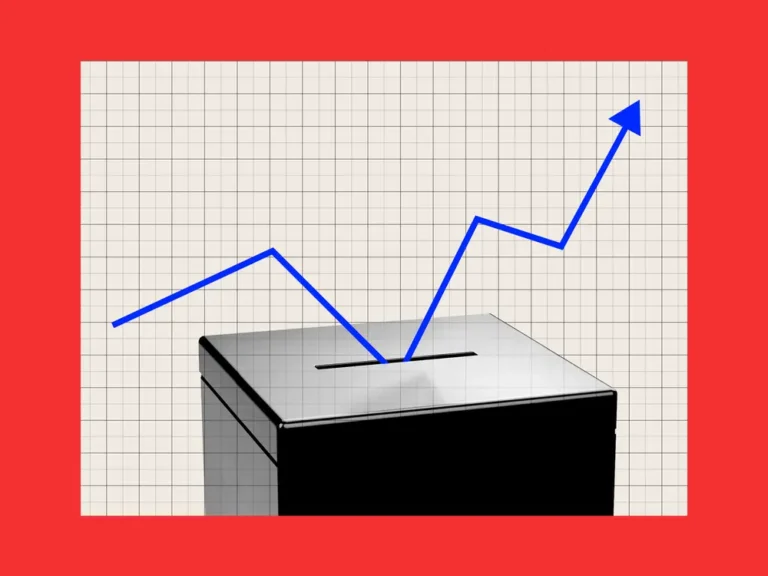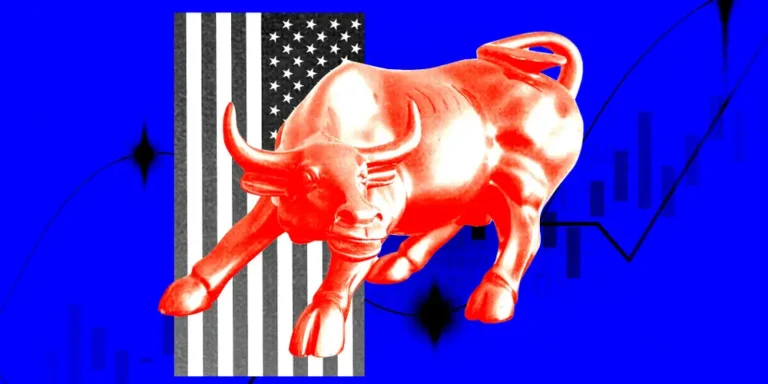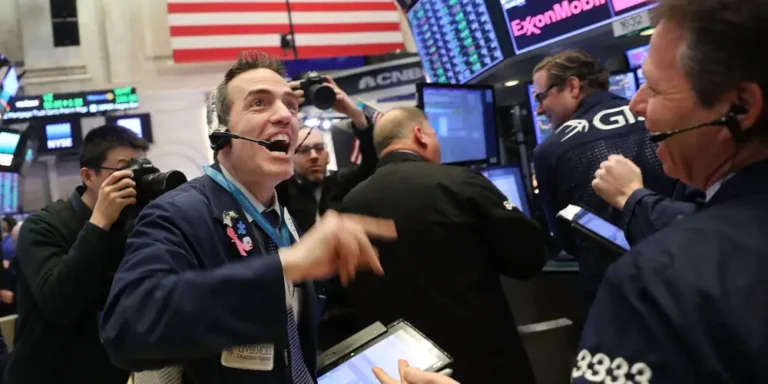Stocks face a 10% drop with key economic data mired in recession territory, investment chief says

Investors are too quick to embrace soft-landing projections and are ignoring economic points of distress, Verdence’s Megan Horneman said.
This over-enthusiasm could cost the market heavily, pushing stocks toward a 7% to 10% drop, the chief investment officer said.
“I think investors got a little ahead of themselves as far as the what strength there is in the economy,” she told Yahoo Finance. “If you look at every other economic indicator, aside from the actual GDP number, all of these things are looking like they’re in a recession territory.”
Horneman’s cited examples included the Leading Economic Indicators index and manufacturing. This week’s service index is also worth monitoring, she said.
To her point, the LEI gauge has persistently signaled headwinds ahead. Between February and August, it dropped 2.3%. According to the Conference Board, the decline in the six-month growth rate was enough to trigger a recession in August.
Meanwhile, manufacturing can’t seem to break out of its downturn. This week, September’s Manufacturing PMI print remained stuck at 47.2 — any reading below 50 signals a contraction. This has been the case for six consecutive months and for 22 out of the past 23 months.
“Demand remains subdued, as companies showed an unwillingness to invest in capital and inventory due to federal monetary policy — which the US Federal Reserve addressed by the time of this report — and election uncertainty,” Tim Fiore, chair of the ISM manufacturing business survey committee, said in a report.
Still, these data prints have taken a backseat to labor data, which holds the spotlight on Wall Street. Since rising job market deterioration played a key role in the Federal Reserve’s decision to cut interest rates, investors are on the watch for any further weakness.
The market is keen to see strength in September’s jobs report, scheduled for release on Friday.
Investors should prepare for a sell-off if unemployment jumps above 4.3% and non-farm payrolls slip under 100,000, according to Morgan Stanley.
Horneman also noted waning consumer sentiment to drive home her point. With credit card debt on the rise, she questioned how spending is supposed to keep up.
“If you look at some surveys, most Americans actually think are already in a recession. That’s how poorly they feel,” she said. “So I just don’t see the strength in the consumer that’s going to be able to last much longer.”
According to a survey from July, three in five Americans believe the US is in a recession. Top reasons included inflation and rising costs of living.






